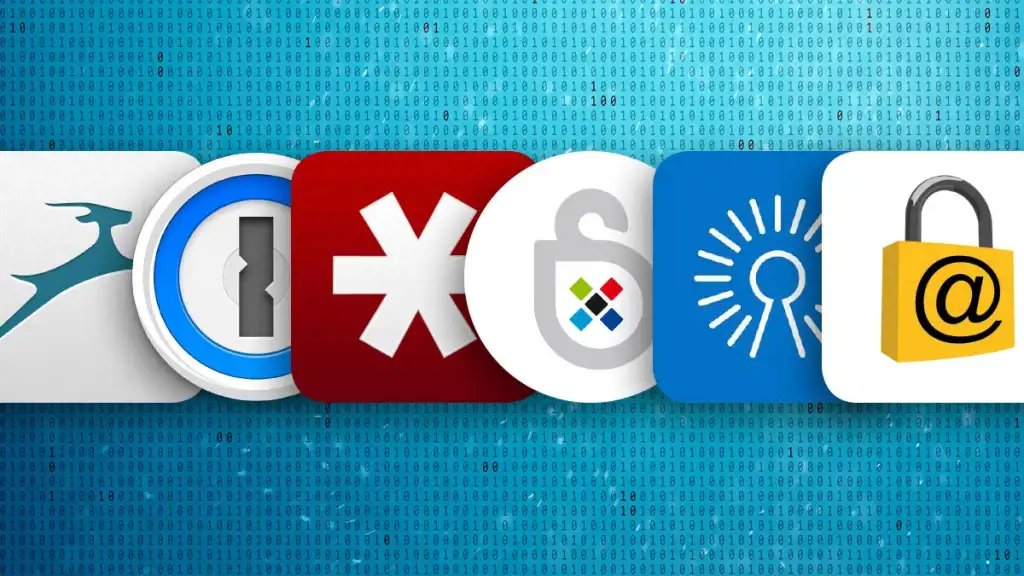In today’s world, our digital lives hinge on a complex web of passwords. You probably juggle countless logins for everything from your work email to your favorite online shops. Remembering all these passwords is a headache, right? And let’s face it, using the same password for everything isn’t a solution—it’s a one-way ticket to getting hacked or compromised. I’m here to introduce you to a tool that’ll be your new best friend: a password manager.
First off, let’s make sure we’re on the same page. What is a password manager? It’s a digital tool that stores all your passwords in an encrypted vault—like a secure digital diary of your passwords. You only need to remember one password (your master password) to unlock this vault, and voila, all your other passwords are at your fingertips.
Sounds pretty handy, right? Let’s dig into why a password manager isn’t just a nice-to-have—it’s a must-have.
Pro #1: Never Forget a Password Again
Password managers remember your passwords so you don’t have to. The only password you need to remember is your master password. Say goodbye to those pesky “forgot your password?” prompts.
Pro #2: Strong, Unique Passwords
Password managers can generate complex, unique passwords for each of your accounts. That means no more resorting to weak passwords or reusing the same one for multiple accounts. It’s like having a personal bodyguard for each of your digital accounts.
Pro #3: Access Your Accounts from Anywhere
You can use your password manager across all your devices. Whether you’re on your laptop, smartphone, or tablet, your passwords are always just a few clicks away.
Despite these benefits, password managers do have a few drawbacks. However, with the right precautions, these cons are manageable.
Con #1: The Master Password
If someone gets hold of your master password, they could access all your accounts. But don’t worry, there’s an easy fix for this: 2-factor authentication. It’s an extra layer of security that requires you to verify your identity in two ways—like entering your password and then entering a code sent to your phone.
Con #2: Not a Silver Bullet
Password managers are fantastic at keeping your passwords secure, but they can’t protect you from all online threats. You still need to be wary of things like phishing emails and suspicious downloads.
Con #3: The Setup Process
Setting up a password manager can take a bit of time, but trust me, it’s worth it for the peace of mind and convenience you’ll gain.
So, do you think you should use a password manager?
Absolutely. The benefits far outweigh the cons, and in this digital age, a password manager is crucial for maintaining strong, unique passwords and protecting your online identity. So why wait? It’s time to take control of your digital life.
Password Manager Recommendations
- LastPass: LastPass is a popular password manager that features a robust free version and comprehensive premium versions. It offers secure password storage, auto-filling capabilities, password sharing, and the ability to generate strong passwords. It also provides multi-factor authentication options for added security.
- 1Password: This password manager offers one of the best user interfaces, making it easy to manage passwords, credit card information, and even secure notes. It doesn’t have a free version but it offers a 14-day free trial. One of its unique features is the “travel mode,” which allows you to remove sensitive data from your devices when you travel.
- Dashlane: Dashlane’s strength lies in its versatility. Along with password management, it includes features such as a VPN for online privacy and dark web monitoring for any data breaches. It also offers automatic password changing for selected sites, making it easier to maintain good password hygiene.
- Bitwarden: Bitwarden is an open-source password manager offering a free version with unlimited password storage and syncing across all devices. Its paid version is among the most affordable and offers features like 1GB of encrypted file storage, two-step login with YubiKey, and priority customer support.
- Keeper: Keeper offers unlimited password storage, identity and payment information storage, secure record sharing, and a web app that can be used across various devices. It also provides additional security tools, including dark web monitoring, secure file storage, and encrypted messaging.
Key Takeaways and Action Steps:
- Understand what a password manager is: It’s a digital tool that stores and manages all your passwords securely.
- Appreciate the benefits: From never forgetting a password to generating strong, unique passwords, a password manager is a game-changer.
- Be aware of the cons: Knowing the potential pitfalls will help you use your password manager safely and effectively.
- Take the leap: Invest the time in a password manager and start enjoying a moresecure, hassle-free digital life.
- Use 2-factor authentication: Add an extra layer of security to your password manager by enabling 2-factor authentication.
- Stay alert: Remember, a password manager is part of a secure online presence, not the whole package. Keep being cautious of phishing emails and suspicious downloads.
Stay #CyberSmart
